Huawei eyes Tesla's throne with Luxeed S7
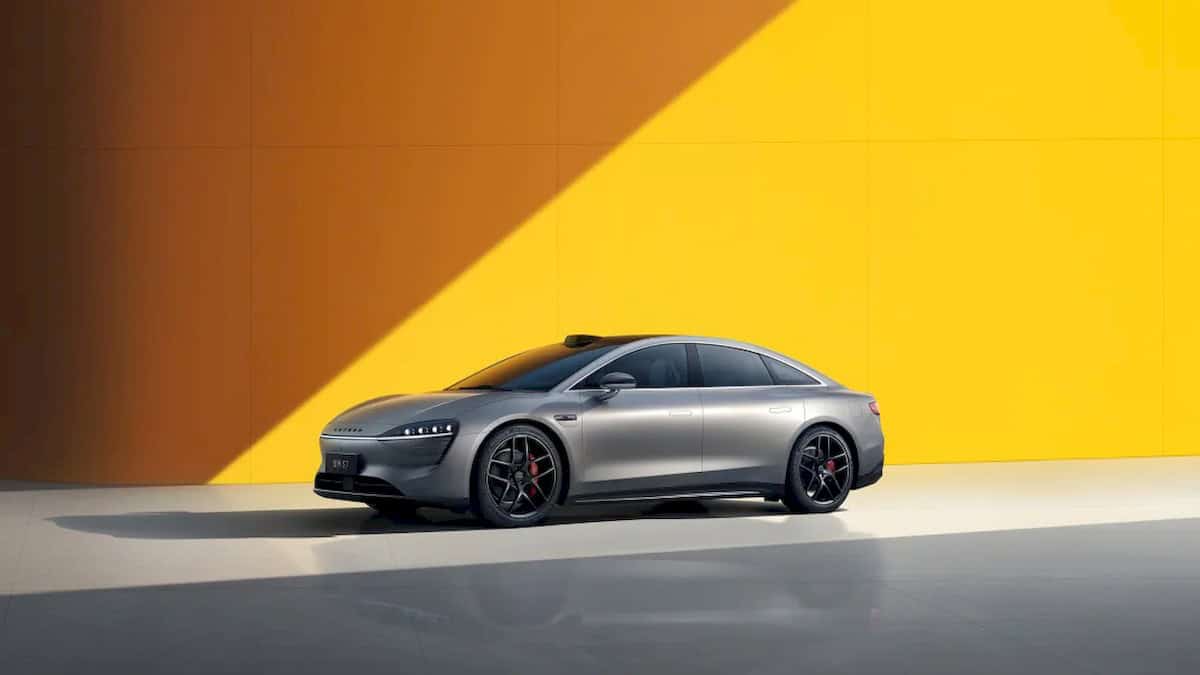
A new contender is here to challenge the established leader in electric vehicles (EVs) – Tesla. Huawei, the Chinese tech giant renowned for its smartphones and telecommunications equipment, has unveiled its first sedan, the Luxeed S7, a direct competitor to Tesla's Model S.
Huawei is a household name in smartphones and telecommunications equipment and has been steadily expanding its reach into various technology sectors, including automotive.
The company's foray into the EV market is a testament to its commitment to innovation and its belief in the potential of EVs to revolutionize transportation.
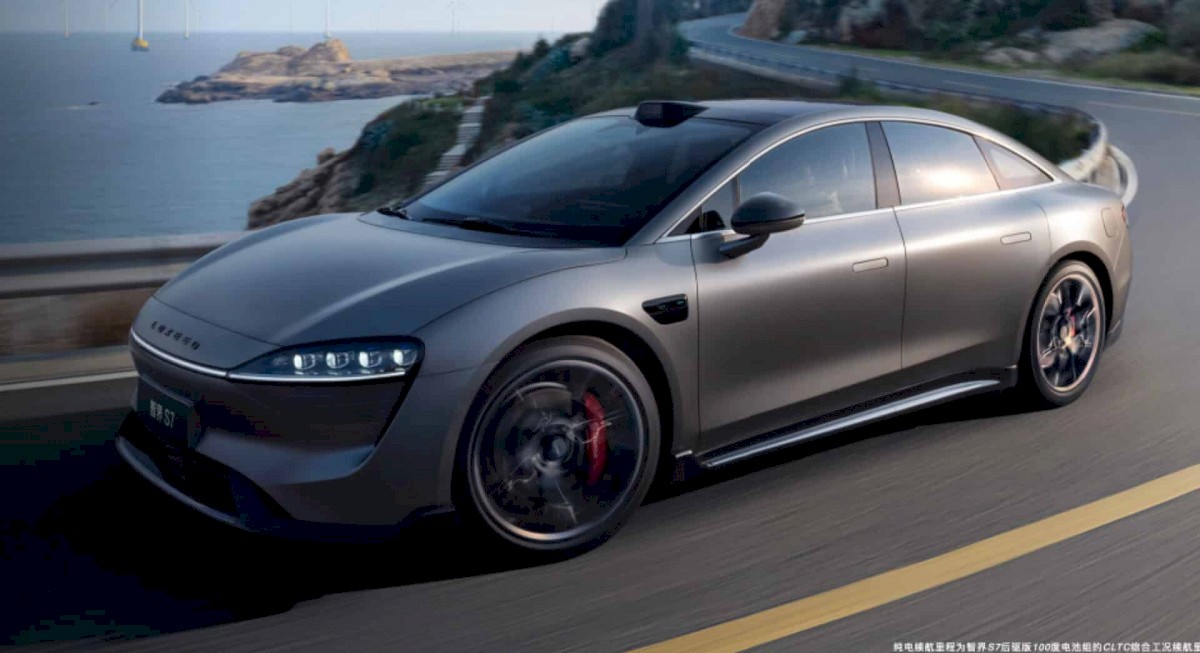
How good is Luxeed S7?
The Luxeed S7 boasts impressive specifications, including a range of up to 625 kilometers (388 miles) on a single charge and a 0-100 km/h acceleration time of just 3.8 seconds.
It also features a spacious interior, a panoramic sunroof, and a host of advanced technology features, such as a Level 3 autonomous driving system.
Huawei's entry into the EV market is not without precedent. The company has been actively involved in developing EV technology for several years, partnering with automakers like Chery and BAIC Motor.
This experience, coupled with Huawei's expertise in software and electronics, positions the company well to compete with established EV players.
Challenges to overcome
Despite its impressive features, the Luxeed S7 faces a significant challenge in the form of Tesla, the undisputed leader in the premium EV market. Tesla has built a strong brand reputation and a loyal customer base, making it difficult for new entrants to gain traction.
However, Huawei has several advantages that could help it overcome this challenge. The company has a strong brand presence in China, the world's largest EV market, and it has a proven track record of innovation.
Additionally, Huawei's partnership with Chery Automobile, a well-established Chinese automaker, provides the company with valuable expertise in manufacturing and distribution.
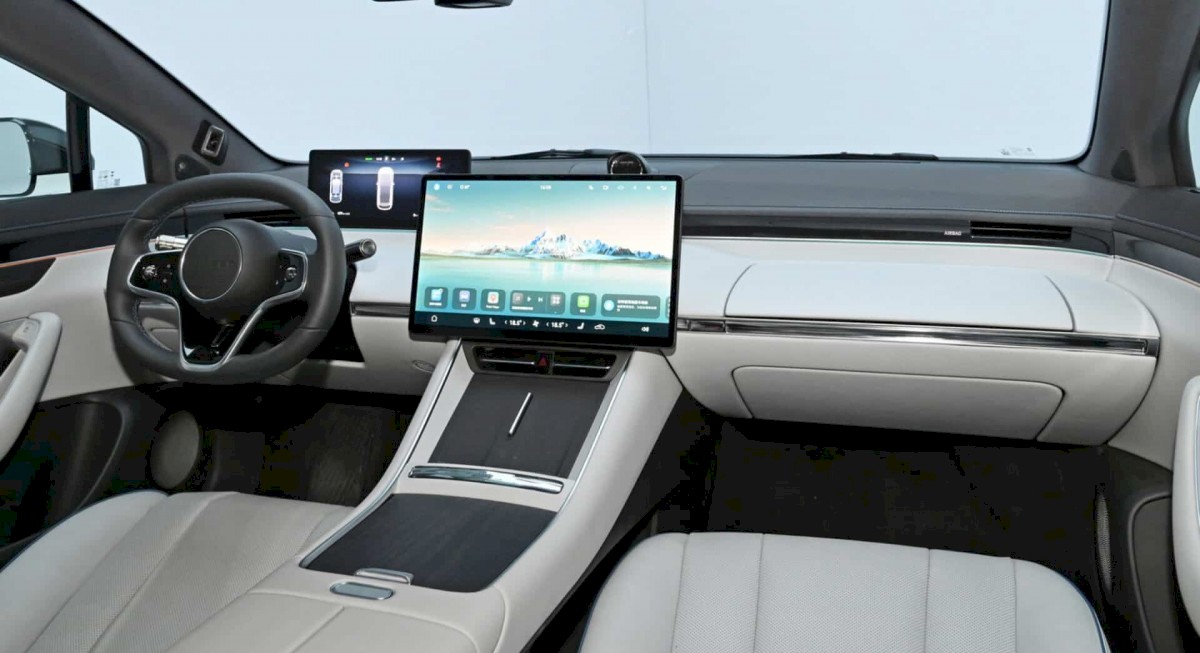
Luxeed S7 price is pretty competitive
Huawei has not officially announced the pricing for the Luxeed S7 in the United States. However, based on its starting price of RMB 258,000 in China, which translates to around $35,420, we can expect the Luxeed S7 to be priced competitively in the US market.
This is significantly lower than the starting price of the Tesla Model S, which starts at $95,800. The Luxeed S7's competitive pricing is one of its key strengths, as it makes it a more affordable option for consumers seeking a premium EV.
Read also: Think twice before selling your Tesla Cybertruck.
A battle of tech giants
The competition between Huawei and Tesla is not just about EVs; it's a clash of tech titans. Both companies are at the forefront of innovation, pushing the boundaries of technology in their respective fields.
Huawei's strength lies in its software and telecommunications expertise, while Tesla's forte is its vertical integration and battery technology.
Let's see if this clash of strengths will lead to further advancements in EV technology, ultimately benefiting consumers.
Featured image credit: Huawei.
Advertisement
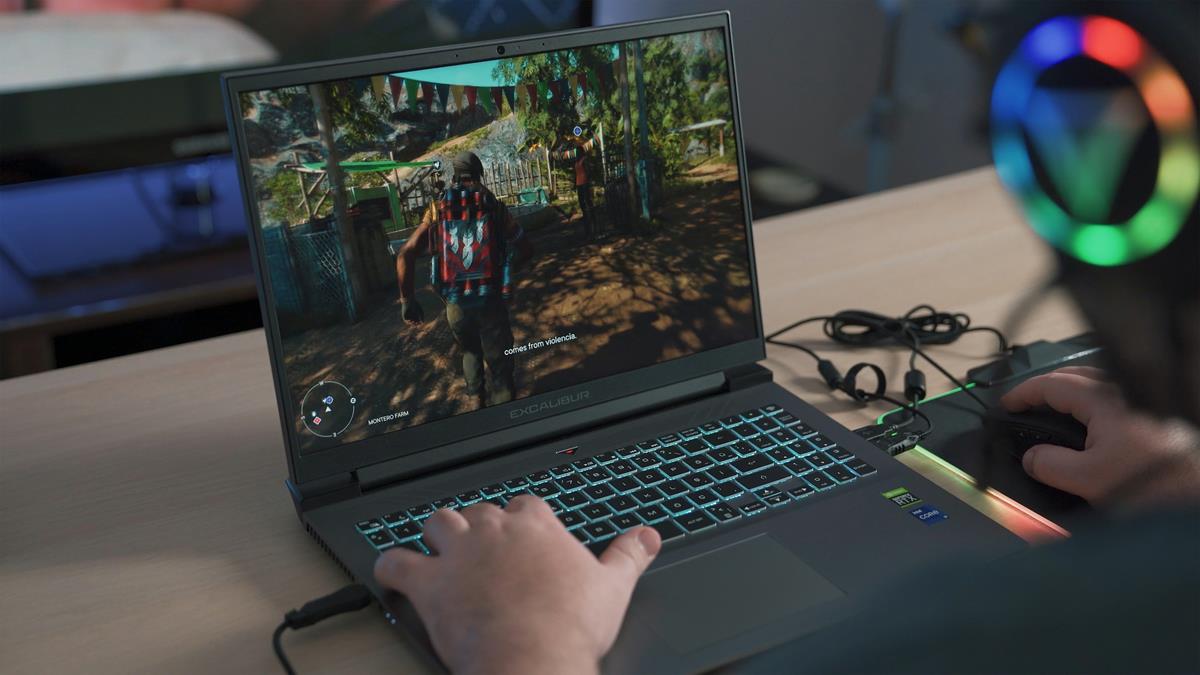
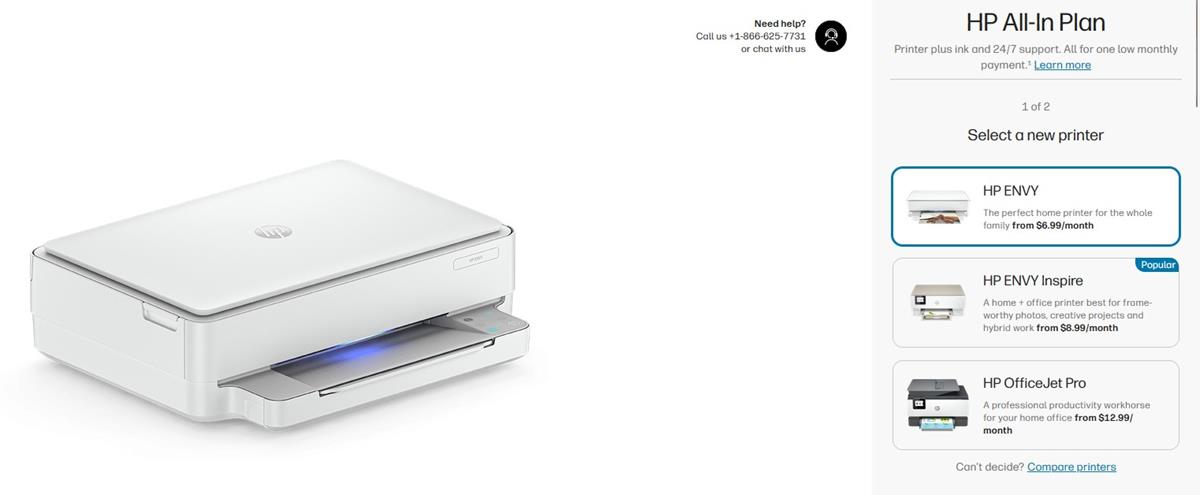


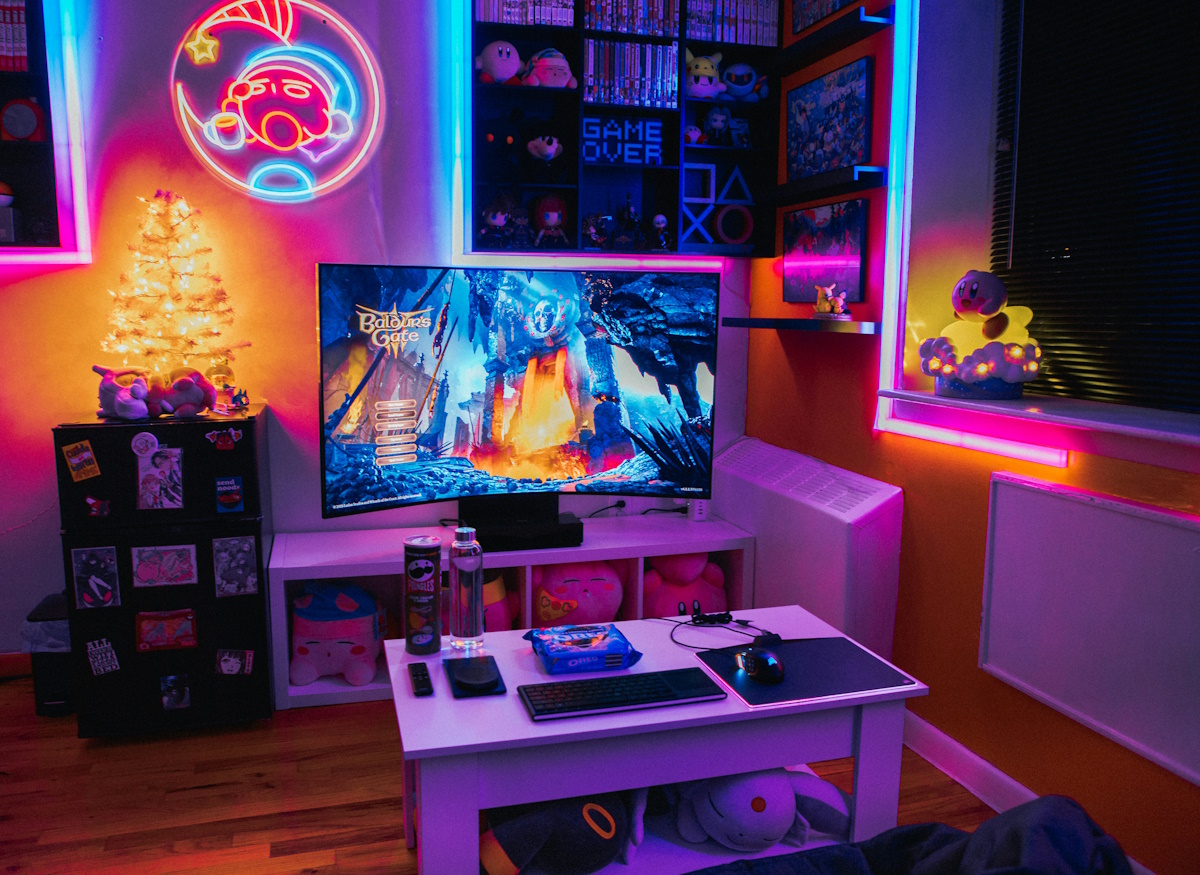
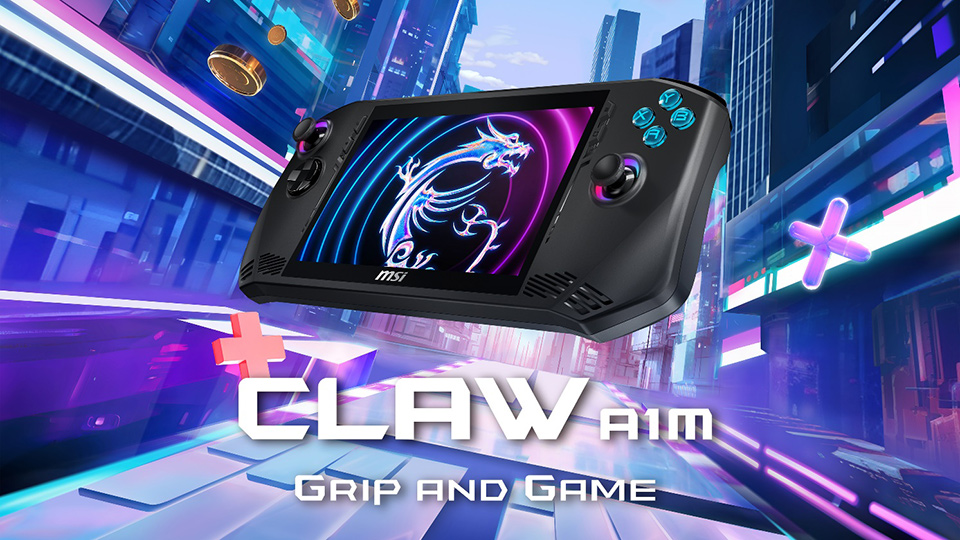














Doesn’t look too bad from the outside, reminds a bit of Porsche Taycan, especially the headlights and the continuous swooping line downwards shaping the air inlet beneath the headlights.
Inside is as anonymous and alienating as many other “modern” cars, maybe preparing the humanity for the future where all cars will be self driven and wholly owned by BlackRock OWG or whatever acronym the elite are hiding behind.., ppl with too low credit score will not be allowed.
Truth is only a small percentage of US population even want a EV vehicle. Sales are leveling off because those that wanted one have bought one. I do think competition in offering more affordable EV’s may get at least more consideration from middle income buyers. But questions still remain for consumers if an EV even fits into their lifestyle and needs for a vehicle. Most range estimates seem overly optimistic, the colder climates makes this worse. I feel even less committed to buying any Chinese made automobile of any kind.